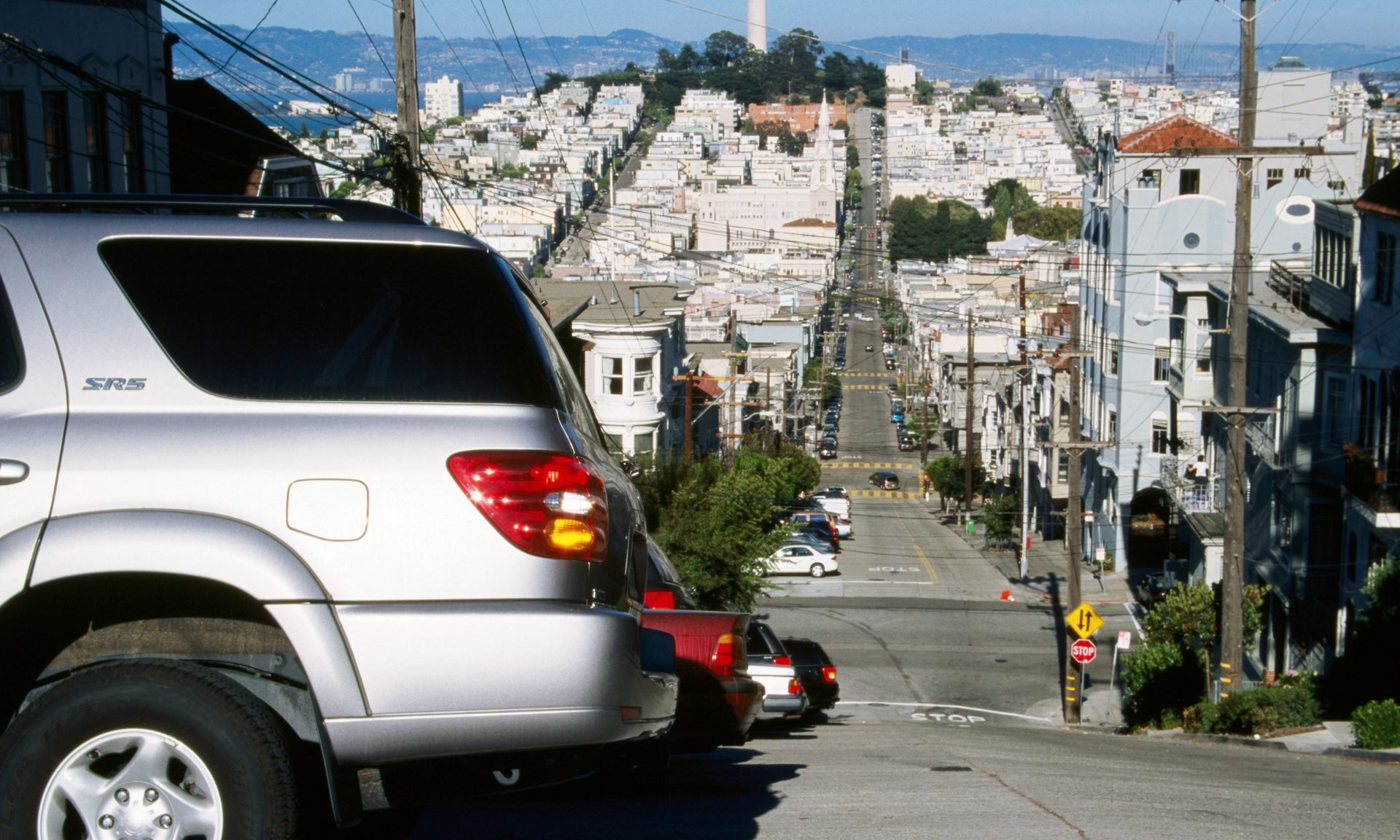Car Repossession: Know Your Rights and What to Do
Find out why your car was repossessed, see if you can get it back — and know your rights.

Many, or all, of the products featured on this page are from our advertising partners who compensate us when you take certain actions on our website or click to take an action on their website. However, this does not influence our evaluations. Our opinions are our own. Here is a list of our partners and here's how we make money.
When your car is repossessed, you may not know why it happened — or what to do next. But knowing your rights can help you protect your property and prevent further damage to your credit.
Here's what to do if you're dealing with a car repossession.
What rights do you have when your car is being repossessed?
Even if your car is towed away, you may still have certain protections.
You won’t necessarily get a notice before a repossession
Lenders may or may not be required to notify you in advance of a vehicle repossession, depending on where you live.
The lender or repo agency can repossess the car but not the items inside
If you left your laptop in the car, for instance, the lender can’t keep or sell it — at least not right away. In some states, the bank or repo agency may be required to give you a list of items inside the car and tell you how you can retrieve them. If that’s not the case, you may have to ask.
Generally, this does not apply to accessories you may have installed in the car, such as new rims or a souped-up audio system.
Your property shouldn’t be damaged in the process
If your car is locked in your garage, for example, a repo agent can’t break down your garage door to get your car. If you feel that your rights have been violated, consider contacting a consumer lawyer.
Lenders and agents shouldn’t threaten you or use force
Lenders and repo agents aren’t allowed to repossess vehicles if they “breach the peace” in the process, which generally includes making threats, intimidating you and using physical force. It may also be illegal for someone to take your car if you object.
Read up on the laws for your state and reach out to your state attorney general or consumer protection office with questions or concerns.
Stress less. Track more.
See the full picture: savings, debt, investments and more. Smarter money moves start in our app.
What happens when you get your car repossessed?
Once seized, the lender may keep or sell your car, often at auction. If your car sells for less than you owe, you may be sued for the difference, known as a deficiency, plus any applicable fees.
What to do after a repossession
Ask why your car was repossessed
If you’ve fallen behind on car payments, you may know exactly why your car was repossessed. Other times, the reason isn't so obvious. In some states, not getting insurance stipulated in a loan or lease contract can count as a default, and your car can be repoed because of it. The repossession timeline can vary by state and by contract, too. Sometimes it’s 30 days after the first missed payment, other times it takes 90 days.
Call your lender before jumping to conclusions so you can clarify how to set things straight.
Find out if you can get your repossessed car back
Often, a bank or repossession company will let you get your car back if you pay back the loan in full, along with all the repossession costs, before it’s sold at auction. You can sometimes reinstate the loan and work out a new payment plan, too. The repossession may not be removed from your credit report in these situations, but your new payments will generally be reflected if you make a deal with your lender (but not if you buy the car back at auction).
Before getting your car back, think through these questions:
If you got your car back, would you be able to afford insurance, maintenance and gas?
Neglecting important repairs or getting into an accident while uninsured may land you in an even more difficult financial situation. And without gas, you still wouldn’t be able to get from A to B. If you can’t afford these expenses, redeeming your car may not be your most cost-effective alternative.
Do you have access to affordable public transportation or a carpool?
Getting to work by bus or other means may be a better option than reinstating your loan or paying your balance and repossession expenses in full.
Do you plan to declare bankruptcy?
If you’re extremely behind on all your bills and have no way of turning things around, you may be considering bankruptcy. File before the bank or repo agency sells your car, and there’s a good chance you can keep your car and work out a plan to catch up on payments. Talk to your bankruptcy lawyer about whether this would be possible, based on the type of bankruptcy you’re filing.
» MORE: Tips for paying off debt
If the car is sold, ask if you still owe money
When a bank or repo agency repossesses your car and sells it at auction, you might think that you don’t owe any more money on it. That’s not always the case.
Say a bank gave you a $10,000 car loan and you still owed $9,000 on it when you defaulted. If the repossessed car sold at auction for $7,000, you’d still owe $2,000 on the car, plus repossession expenses, in some cases. This is called a deficiency balance.
Deficiency balances are common, especially when your auto loan was for a new car. Even so, the lender or repossession company has the responsibility to conduct the sale in a “commercially reasonable manner.” If the repoed car is sold for far less than the fair market value, you may be able to dispute the high deficiency balance in court.
If you ignore this deficiency balance entirely, the account may be sent to collections. The lender can also sue you for this balance, generally, if the debt is within the statute of limitations.
Accounts in collections can stay on your credit report for seven years, so if you have the money, it’s usually a good idea to pay off the remainder to minimize the damage to your credit.
How to improve credit after a car repossession
A repossession typically stays on your credit report for up to seven years, so a big part of restoring your credit afterward is just waiting. But you can also be proactive in restoring your credit by paying your bills on time and working on paying off other debt. This way, by the time your negative history comes off the record, your credit score will be much higher than before, and you’ll be in a better position.
Stress less. Track more.
See the full picture: savings, debt, investments and more. Smarter money moves start in our app.
Article sources
NerdWallet writers are subject matter authorities who use primary,
trustworthy sources to inform their work, including peer-reviewed
studies, government websites, academic research and interviews with
industry experts. All content is fact-checked for accuracy, timeliness
and relevance. You can learn more about NerdWallet's high
standards for journalism by reading our
editorial guidelines.








